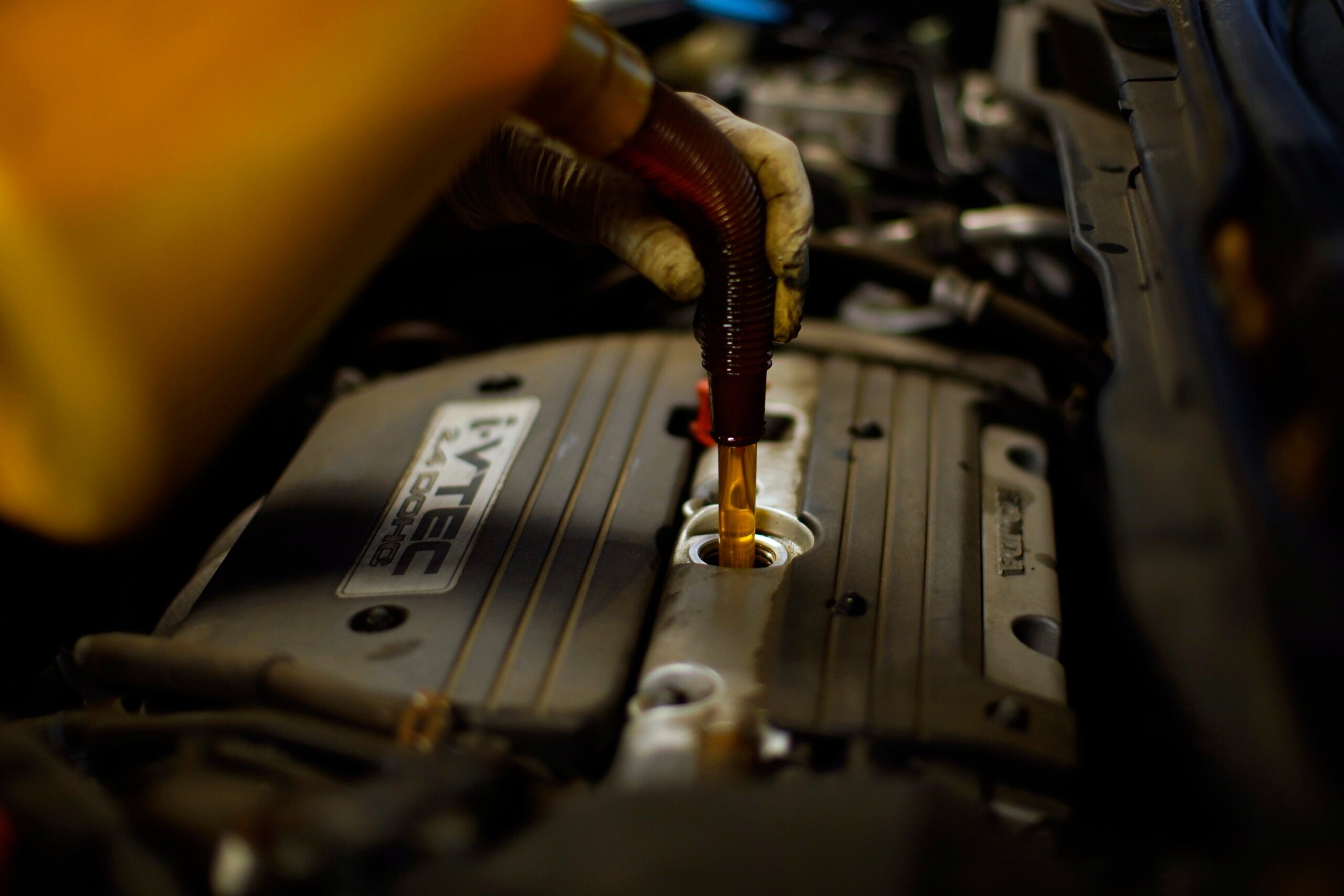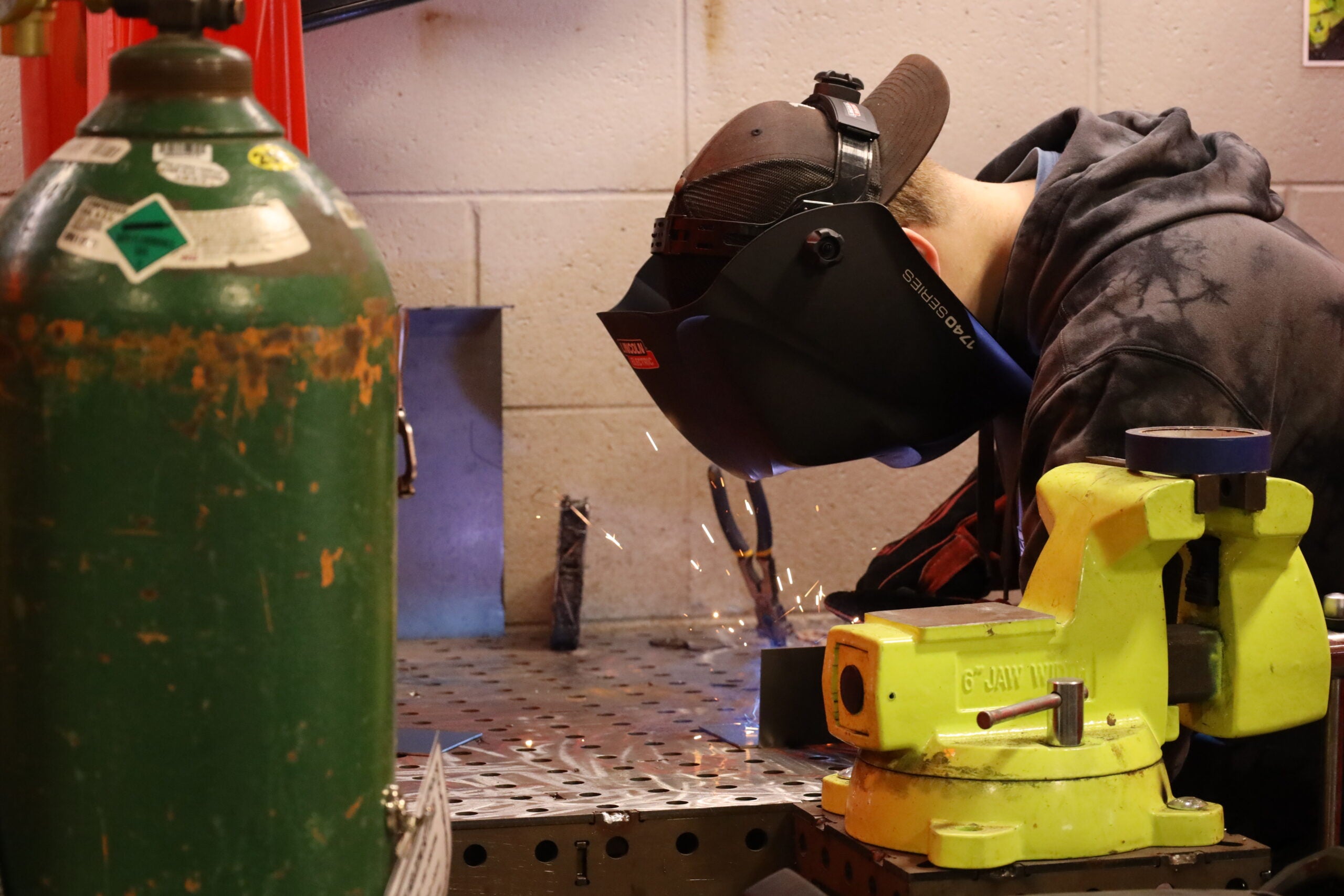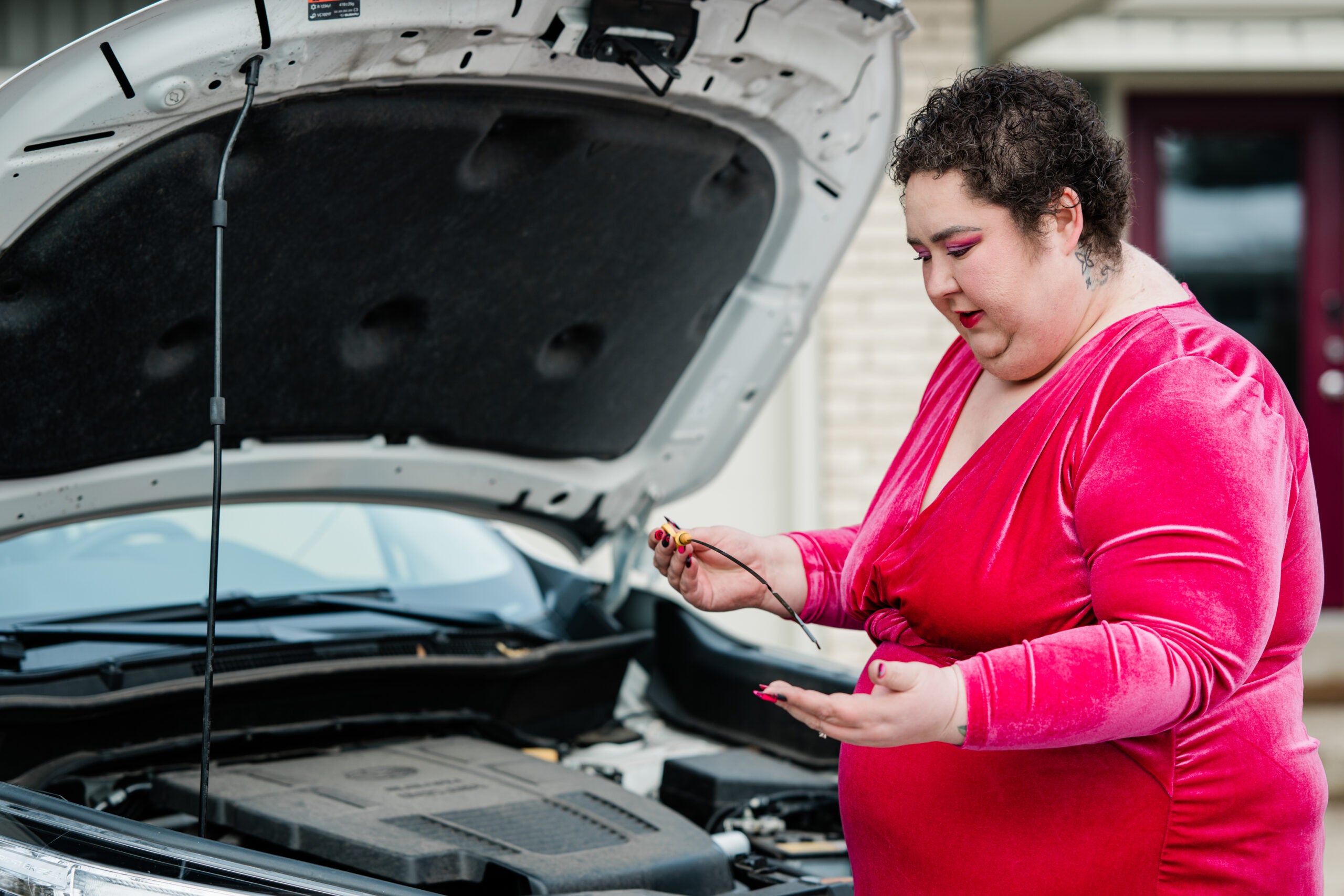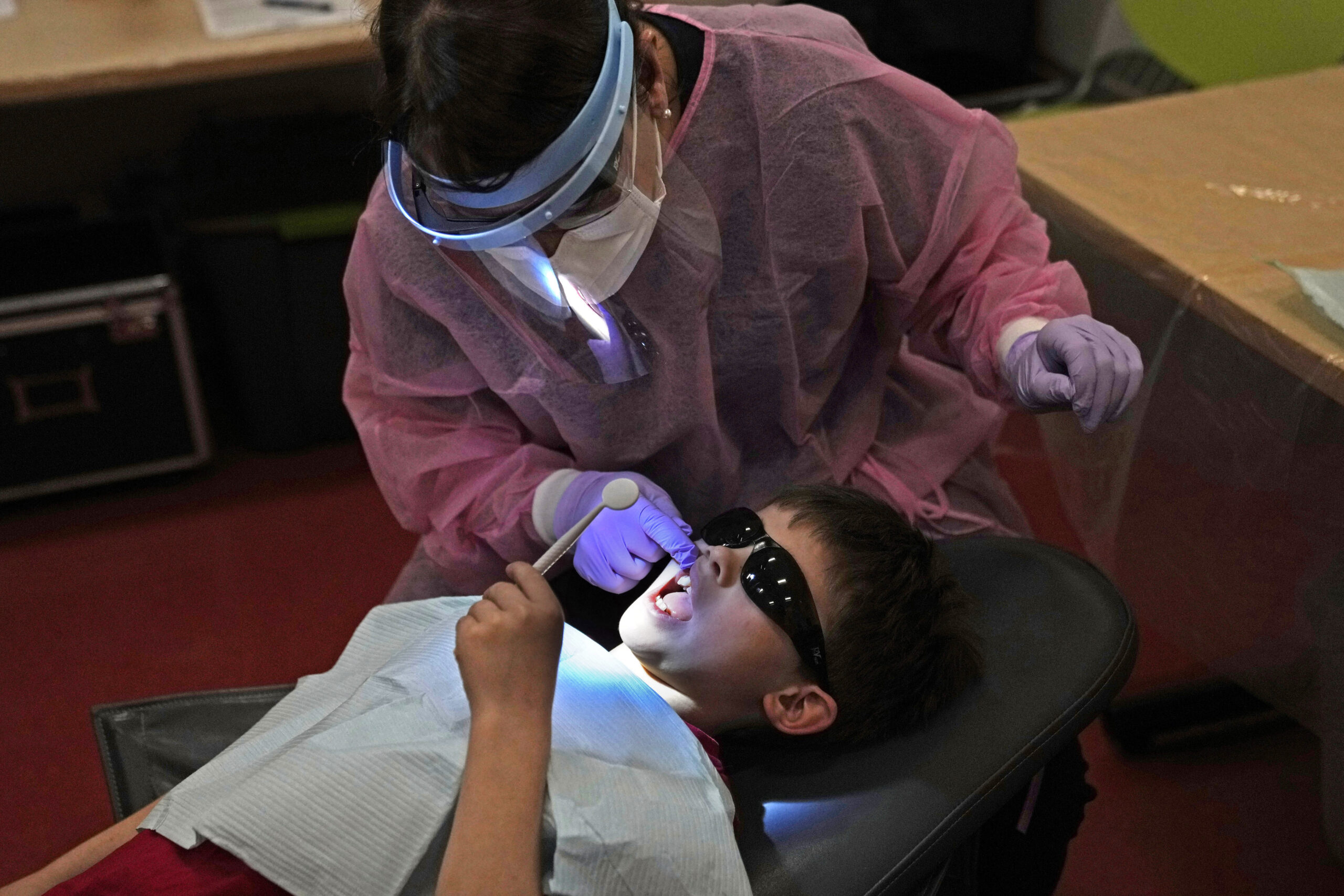Wisconsin auto repair shops are experiencing a shortage of workers to fill vacant auto technician roles, and it’s leading some to have longer wait times for their customers.
The industry is facing a growing number of retirements and overall turnover, while the supply of new workers also declined for many years.
According to the nonprofit technician organization Tech Force, the number of students nationwide completing postsecondary programs in the field started declining in 2012 and was down over 25 percent by 2021.
News with a little more humanity
WPR’s “Wisconsin Today” newsletter keeps you connected to the state you love without feeling overwhelmed. No paywall. No agenda. No corporate filter.
At the same time, data from Tech Force shows the demand for new technicians is continuing to grow, with over 100,000 workers needed for 2025.
At J & S Auto Care in Janesville, manager Nick Robinson told WPR’s “Wisconsin Today” that he’s stopped trying to hire new technicians for now, opting instead to maintain their current level of service with a small staff.
“They expect to be paid more than my guy that’s been here for 35 years, right off the bat, without any real world experience,” Robinson said. “If they can’t plug a computer into a car and it doesn’t tell them exactly what to do, they really don’t know what to do, beyond whatever the scan tool is telling them.”
Issues of wages and proficiency are at the core of the issue for the auto technician workforce.
Robinson said paying new workers more would force him to raise the rates he charges customers. Auto repair costs are already on the rise, with the consumer price index showing a nearly 20 percent increase from 2023 to 2024.
Newer vehicles are becoming more complex to fix, with more advanced computer systems, sensors and modules that require a different set of skills than troubleshooting a combustion engine.
“Chrysler vehicles 2018 and newer, they basically have us locked out of them,” Robinson said. “We can pay to get on certain subscriptions and be able to log in and see data, but for just the average guy, they have you locked out of it.”
Beyond new mechanics having more to learn than they used to, they’re also getting less exposure to the field at a young age.
Tyson Larson is an automotive technician instructor at Southwest Wisconsin Technical College in Fennimore. He told WPR’s “Wisconsin Today” that fewer high schools are offering automotive classes due to the high costs involved, and kids aren’t working on cars as much at home either.
“(Car maintenance is) a lot more complicated than it used to be, so now the parent doesn’t quite understand it,” Larson said. “You need special tools to be able to diagnose this stuff now. Since the parent doesn’t have the information, they can’t share that with the student.”
Those special tools are expensive, too. Larson said new technicians have to spend thousands on their own equipment as they enter the workforce, on top of what they paid for the education.
Combine that with low starting wages and it becomes all the more difficult for shops to attract and retain quality workers. Larson said some new technicians begin as low as $15-20 an hour.
“I think that the industry needs to understand that if we’re not paying these students, we’re going to lose that high quality talent to other industries and other jobs,” Larson said. “The key is that we need to be proactive and not reactive.”
Southwest Tech is trying to be proactive in getting students interested in the field and advancing their skillsets.
The technical college has an apprenticeship program called Pistons to Pathways that gets high school juniors and seniors real world experience while earning college credit.
Larson said they partner with local car dealerships to send students to train in their repair shops with certified technicians.
Then they can enter Southwest Tech with a head start toward completing the program and entering the workforce. It also allows the high schools to offer an option for automotive instruction, without having to pay for the expensive equipment involved.
Larson hopes programs like this can generate more interest in the field and help combat the technician shortage in the industry.






